SCREENXX 2020: “Empower storytellers instead of bogging them down by regulationsâ€
Bolder narratives are being explored in digital. While creating content with bolder scripts will be one way to attract new audiences, the industry needs to practice content self-regulation and follow the best practices. The freedom to solo viewing will see more bolder narratives in the near future. Some of the best and most niche stories are being told right now and hence, self-regulation becomes an even more important aspect of OTT in order to keep in mind the guidelines we accept as a society.
Also read: SCREENXX 2020: Decoding what Young India wants
As part of Adgully’s marquee OTT event, SCREENXX 2020, we turned the focus on ‘Creative Freedom: OTT Crafting Bolder Narratives’.
Joining in this conversation were:
Munnish Puri, Founder & CEO, Rainbox Studios, a division of Rainshine Entertainment (Moderator)
Puja Rajadhyaksha, Content Head, Eros Now
Sourjya Mohanty, Chief Operating Officer, EPIC ON
Gunjan Arya, CEO, OML
Issac M. John, Director, Digital Business and Partnerships, Discovery India
Binda Dey, Head of Marketing, Red Chillies Entertainment
Abhimanyu Singh, Producer and Founder, Contiloe Pictures
On being asked to share her perspective on the topic and how the content produced by Eros Now has gone through the self-regulation process, Puja Rajadhyaksha said that Eros Now recently launched a show called ‘Flesh’ and a film called ‘Halahal’. “On the topic of self-regulation, while creating content on sensitive topics, we focused on what we wanted to say, but at the same time we were responsible about what we were putting out there. To bring awareness on an issue like human trafficking (‘Flesh’), we had to produce the content in a certain way. Whatever we put out, we kept in mind the responsibility we have and the self-regulation necessary.”
Speaking on the change in freedom that OTT players have got over the years, Abhimanyu Singh said, “The television sector in India has been self-regulated very well for so many years. Self-regulation was very well put together and it is also the way forward. The reason for this is that we need to be able to put out certain number of content at a certain speed. This wouldn’t be possible with full-time regulation. When we made ‘State Of Siege’, we highlighted many problems of the Government to do justice to the story. Something like this wouldn’t be possible if there was strong regulation from the government. This is where the digital story space gives a great platform to storytellers across the length and breadth of the world. It is important for storytellers to be empowered instead of being bogged down by regulation.”
Commenting on the best techniques of self-regulation, Issac M. John spoke about how Discovery has been working on it. He elaborated, “We started looking at this problem even before the self-regulation code had come in. Most of it was built on the fact that families trusted Discovery. Our launch slate had no shows on the grey side. Later, we added a layer to our product that respects the code put it by IAMAI. For example, our default home page will always be kid safe. If the user wants to get into the all access mode, they will have to shift the window and put in their login details to access it. It is not as easy as just switching profiles on other OTT platforms. We built on our consumers’ trust.”
Providing insights on Red Chillies Entertainment’s recently launched show ‘Class Of 83’, Binda Dey said, “At Red Chillies we mainly focus on stories that the whole family can watch. However, some stories do need a different approach. The movie was based on the police back in the 80s and around the same time, talks about police brutality were happening on social media. The trailer and subsequent communication was done in a way where it focused more on the facts of the incidences that happened then. When producing content on sensitive issues, we look at how much is required to showcase the content authentically and at the same time remember our responsibility as to what we are putting out there.”
Sourjya Mohanty added here, “As a network, our genesis is from television and the regulation aspects do come from there. We take into account the content we produce and what the people want to see. We spend a lot of time while developing stories and focusing on the sensitivities of the culture. We always make a line beyond which we don’t go. We always make sure to create content in a sequential and thorough process. We keep all sensitivities in mind.”
Talking from a creator’s perspective, Gunjan Arya said, “There has never been a better time than now, where more niche storytelling is happening because of OTT. Rules that apply to TV cannot apply to OTT and users are able to define what they are okay with and what they aren’t okay with. The purpose and value that creative brings is like an opportunity to explore those values within the guardrails of what we believe in as a society. Creative can expand the narrative and conversations happening in society.”
Catch the complete conversation here:


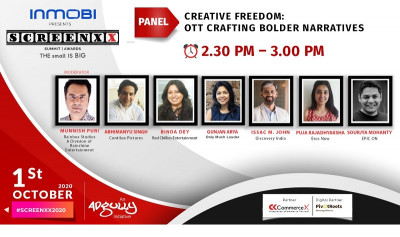

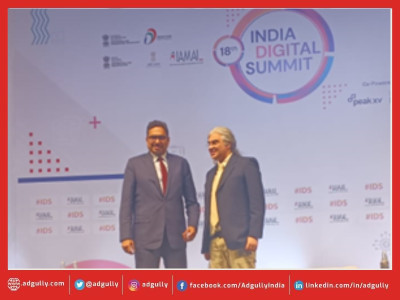


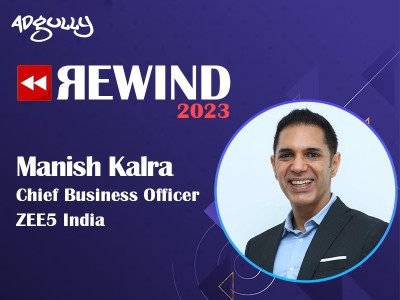
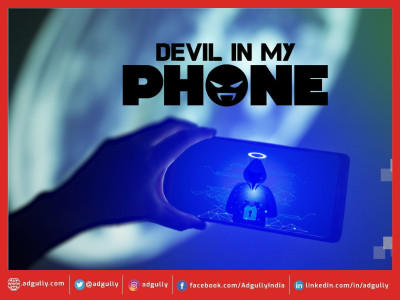




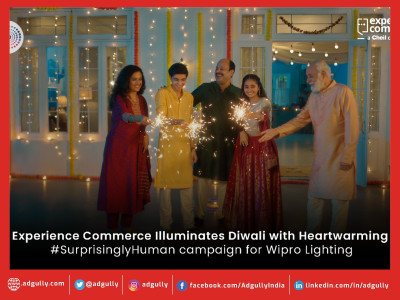


Share
Facebook
YouTube
Tweet
Twitter
LinkedIn